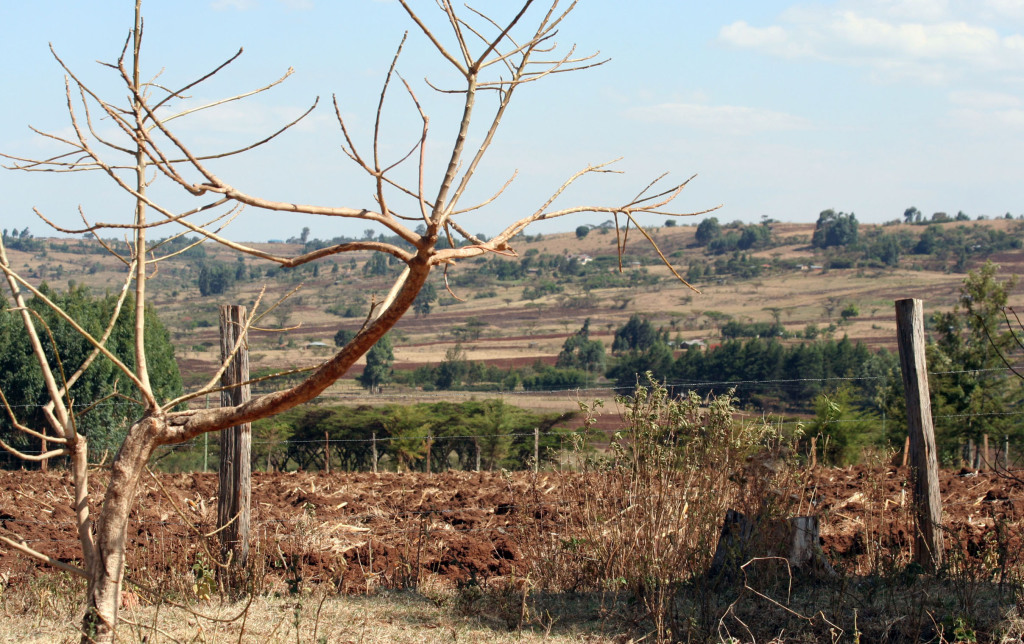In our previous posts we discussed how the quality and health of soils determine agricultural production and sustainability and, as a consequence, influence human health. Soils also play a critical role in the natural ecological cycles of carbon, nitrogen, oxygen, water, and nutrients, and provide numerous ecosystems services. We focus on several of these important soil functions below.

Soil’s role in the global carbon cycle is of greatest interest due to its importance for climate change. The atmosphere continuously exchanges carbon with oceans and terrestrial ecosystems (Falkowski et al. 2000). The soil carbon pool is the largest terrestrial pool of carbon, and globally, soils and the biomass therein contain about 2,500 petagrams (1 Pg = 1 billion metric tons) of carbon within a one-meter depth. This is 3.3 times more carbon than contained in the atmosphere (Lal 2004).
The soil carbon pool represents a dynamic equilibrium of inputs and outputs. Carbon is added to soils primarily through biochemical transformation of biomass (crop residues, plants, and animal wastes), while carbon is lost due to decomposition, burning, and soil erosion. Most soil carbon is in the form of organic matter. As a result, climate change can alter soils from being carbon sinks to sources of atmospheric carbon dioxide due to temperature-sensitive microbial decomposition of soil organic matter. At the same time, soils can sequester atmospheric carbon and mitigate human-induced increases in carbon dioxide emissions. The net effect of climate change on global soil carbon stocks, however, is still an open research question (Davidson and Janssens 2006). Recent research, for example, shows that the presence of insects, worms, and other small creatures in soil can limit the outcomes of climate change by feeding on the microbes that can trigger increased carbon emissions (Crowther at al. 2015).
Soils also host one-quarter of the planet’s biodiversity. Millions of individuals and several thousand species of bacteria can be found in a single gram of soil. In addition, a typical healthy soil is home to several species of vertebrate animals and earthworms, tens of species of mites, insects and nematodes, and hundreds of species of fungi.
Underneath our feet and mostly invisible to our eyes, a multitude of these different organisms live, interact, and help regulate the global biological, atmospheric, and hydrological cycles that support all life on the planet (Brussard 1997, Wall and Nielsen 2012). Not only do soils help provide food, feed, fiber, and fuel, they also perform numerous other regulative and supporting services. These services range from retaining, filtering, and purifying water to degrading environmental pollutants to sustaining biodiversity. Soils also help stock “nature’s pharmacy.” About 75-90% of people in developing countries depend on natural products as the main source of medicine. Many of our antibiotics also come from soil organisms.
Soil is a finite resource. Its loss and degradation are not recoverable within a human lifespan. Already about 33% of land is degraded because of the erosion, salinization, acidification, compaction, and chemical pollution of soils. To prevent these degrading processes, soil restoration and sustainable management are required. The strategies include cover crops, no-till farming, water conservation and harvesting, agroforestry practices, and many others.
And since the rate of soil restoration and carbon sequestration of recommended practices is context-specific (it depends on soil texture and structure, temperature, rainfall, farming systems, and the rates of adoption), interdisciplinary research is needed to help address soil degradation, agricultural productivity, and climate change. We hope many new projects get started in the International Year of Soils.

